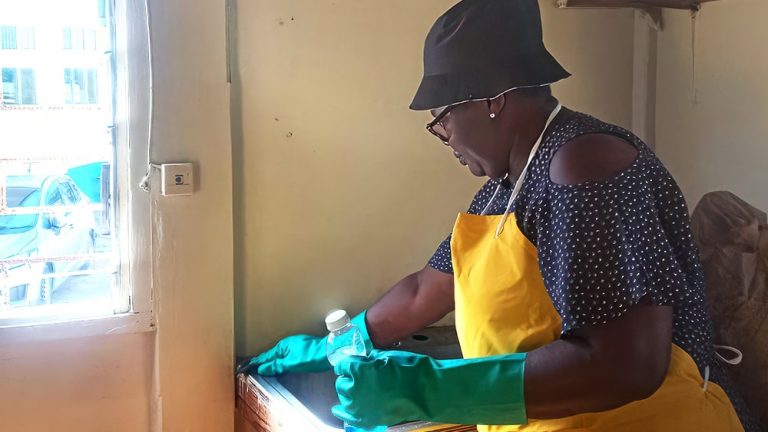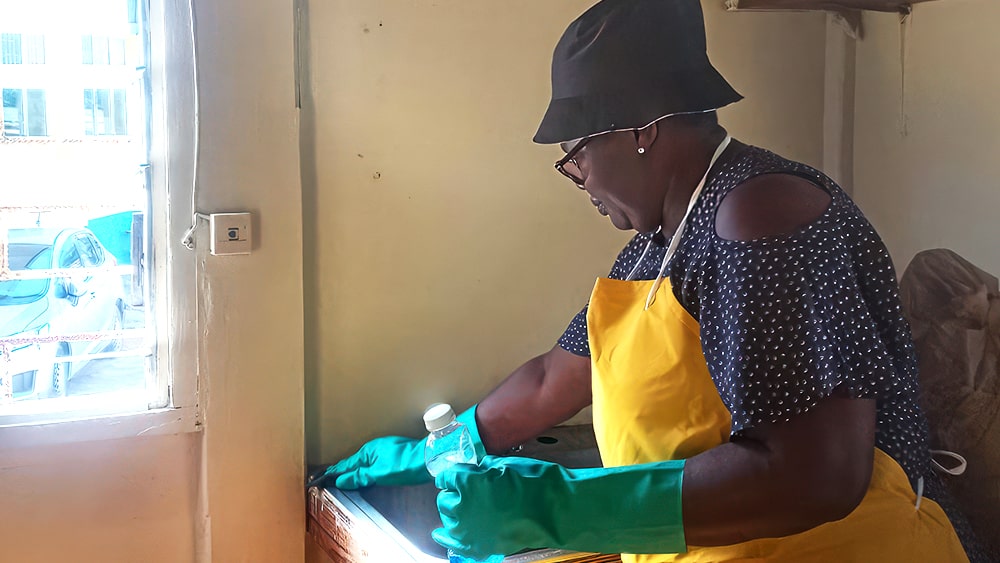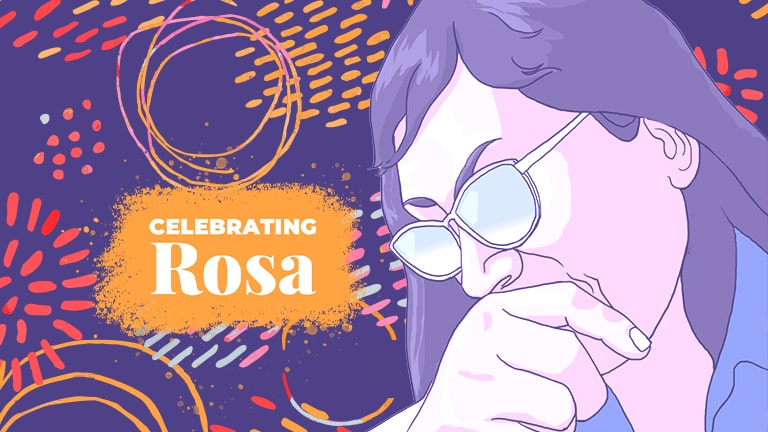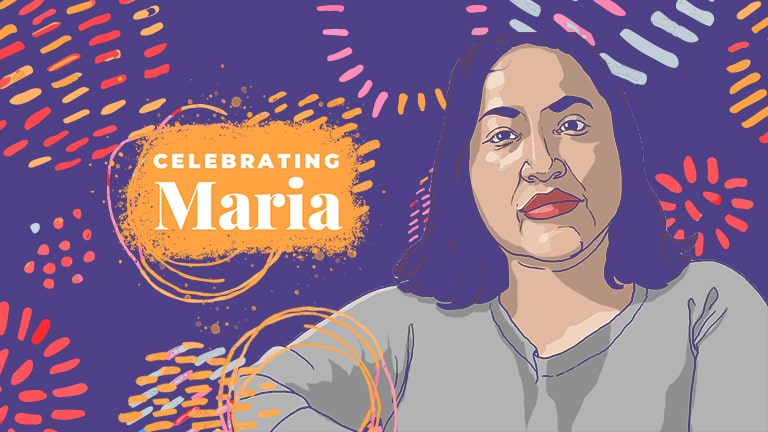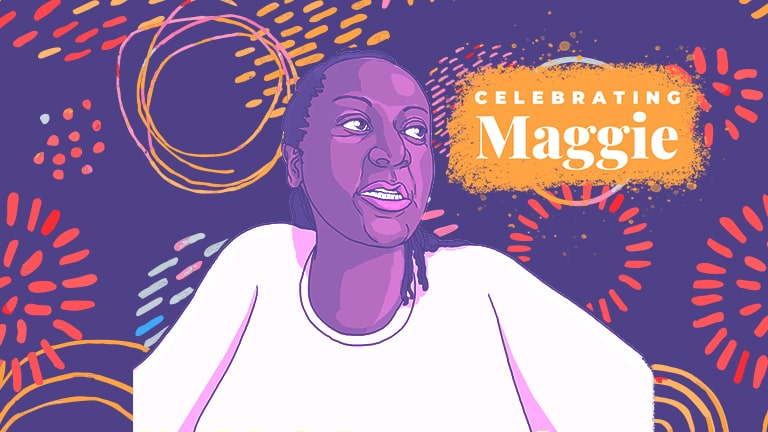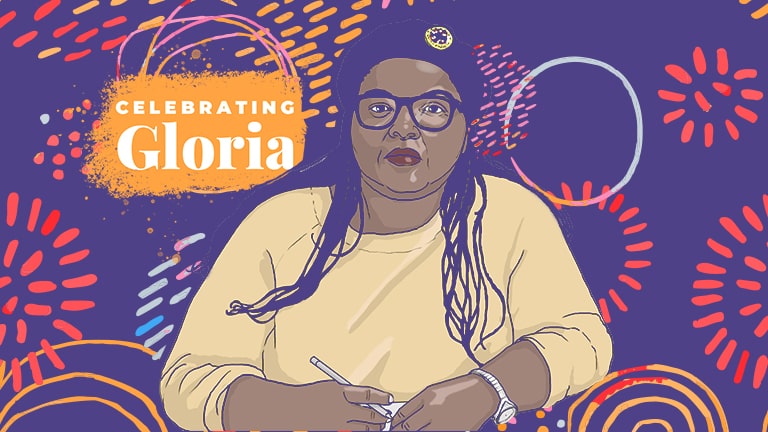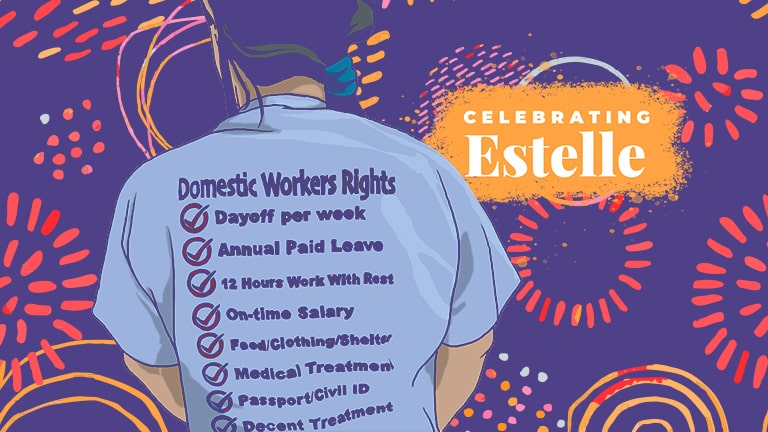Domestic workers sustain households, families, societies, and entire economies, providing both direct and indirect care services. However, they still bear the burden of undervaluation, lack of recognition, and lack of protection. Paradoxically, the women who make all other work possible are the ones facing the poorest working and living conditions within the care workforce. Domestic workers are the women who care for the world, but who cares for them?
Nobody better than Ingrid Grant Smith, a domestic worker from Jamaica, to express what it means to be part of the millions of women struggling for a better life day after day from invisibility and injustice:
“As a domestic worker in the care economy, I work every day from Monday to Friday. I cook, clean, wash, iron, take care of families and their home. I am a diligent worker; I am always on time. My question is: while we care for others and their children, who takes care of our children?
One afternoon, in 2008, while I was working at my employer’s house, I got a dreadful call. It was about my 12-year-old son. On his way home from school he was curious about some fish he heard there were in a big water tank. There were other children there, but no parents or guardians to watch them. My son leaned over to see the fish and fell into the tank. He struggled and cried for help, but there wasn’t any adult around to help. My son drowned. That afternoon, my first son died. Every time I think about it, I feel like it had happened today. The pain is so deep that it’s something you don’t get over. But I had to keep pushing and continued working, as I still had to take care of my other children.
As a domestic worker, I ask governments across the globe and here in Jamaica that please provide quality daycare centers for our children to go to after school. As we take care of you children, we need you to help us to care for our children. Invest in care! Care for those who care for you!”
Domestic workers are paid caregivers and have the right to decent work, like any other worker. But they are also unpaid caregivers for their families and households, with care needs and the right to access public care services that allow them to go out to earn a living knowing that their children and elderly relatives are in a safe place. In a fairer and more equal world, today Ingrid’s son, Rajwayne Smith, would be a 28-year-old young man, with his whole life ahead of him.
Care is a human right and a public good. It is time to recognize the economic and social value of care work and to settle a historic debt with domestic workers. It is time to build care societies that place people at the center. It’s time for humanity. If we truly aspire to a better world, let’s start by caring for those who care for us!

